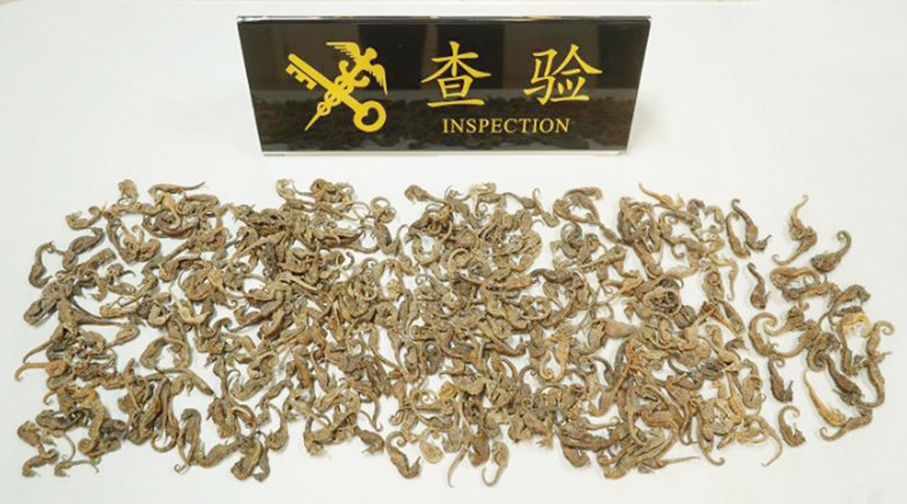Commentary by José Álvares*
I initially didn’t think facemasks or travel restrictions were necessary to solve this outbreak, but then, I’m not a health specialist. We thus rely on the advice of supposed experts, such as those at the World Health Organisation (WHO), indirectly and partially funded by taxes paid by people around the world. Unfortunately, with COVID-19, they weren’t there for us.
China first reported to the WHO on December 31 the existence of pneumonia cases emanating from an unknown cause which on January 7 was identified as the 2019-nCoV, having been initially traced to a patient who went to the hospital on December 8. The WHO chief then went to China to assess the situation, concluding that it was under control – yes, it was for China, as they adopted policies later proven successful and that were replicated by other countries, but before the lockdown measures were implemented on January 23, an estimated five million people had already left the area where the outbreak was concentrated. With all of this and taking into account the virus incubation period of 14 days, it isn’t hard to do the maths [on the risk of the virus spreading].
Then, on March 11, with 118,000 positive novel coronavirus cases spread over 114 countries, the WHO “informs” us that we are facing a pandemic – probably just in case someone hadn’t noticed yet. And still the WHO counselled against limitations on travel, precisely the means through which the virus spread on a global scale.
Countries like, say, Portugal, strongly rely on the WHO as they don’t have the capacity to monitor the health situation around the world. How can we fault the Portuguese Health Services director for not recommending the usage of facemasks if that was the recommendation of the WHO.
To add insult to injury, the current WHO secretary general played the victim of a smear campaign. We certainly all condemn racism, but scrambling to deal with such heat in a high profile public position goes a long way to show a person’s aptitude (or lack thereof) to handle an outbreak of this proportion.
Yet, the WHO does good work by coordinating and pooling efforts around the world to fight diseases, even though the achievements aren’t highly publicised. And there were some positive aspects in the current crisis-handling by the WHO, such as the guidelines previously elaborated to prevent designating a virus based on its supposed origin to avoid unfair targeting of ethnicities (which may lead to racism – as it so happened by those branding it the “Chinese virus”) or even animals (refer to the mass slaughter of pigs as a reaction to the 2009 flu pandemic).
It’s during these utterly challenging times that we need the WHO to step up their game by providing a global response to a global crisis. History has shown pandemics are bound to happen time and again and it’s hard to anticipate a cure for the unknown (even for diseases we know, it can take years – just take cancer or AIDS). However, we (meaning, the WHO) can certainly devise adequate response plans, especially for highly contagious diseases based on best practices.
Trump has recently threatened to cut funding to the WHO (note that the US is its biggest contributor). A wiser solution would be to revamp it on outbreak handling so that it can ultimately pursue its mandated goal – to promote [global] health. If there is a lesson we can take from this crisis is that we live in an interconnected and global society – we’ve drawn many benefits and going back on it would simply mean regression.
*The author is a founding partner of CA Lawyers







